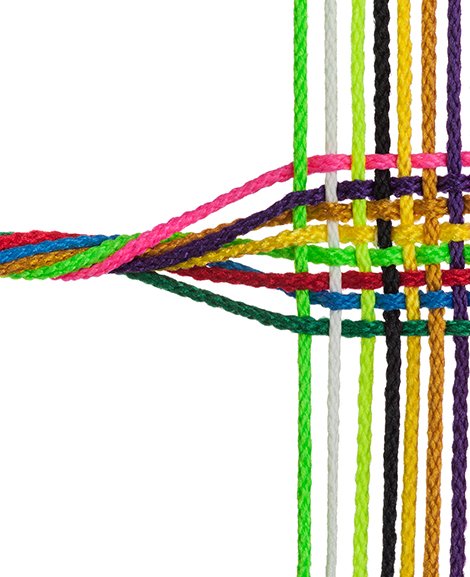What are our goals?
The Robert Bosch Stiftung is embarking on an effort to learn with and from partner organizations that bring significant knowledge and hands-on experience wih the application of intersectional approaches to challenging inequalities. Projects supported through the Program are expected to shed light on the four learning domains which have been identified as central to demonstrating the relevance of intersectional approaches to reducing inequalities. These are:
- Application of Intersectional Approaches
How are intersectional approaches being used to understand and tackle systemic inequality? What does this look like in practice?
- Value and Impact of Intersectional Approaches
What is transformative about using an intersectional perspective to challenge inequalities? How does adopting an intersectional approach lead to greater success in challenging inequalities? What kinds of evidence effectively convey the unique contribution and impact of intersectional approaches?
- Proliferating Intersectional Approaches
How can policy and practice better account for the complex contextual realities and interactions between intersecting inequalities? What are the barriers and opportunities for taking intersectional approaches forward? What is needed in order to further embed an intersectional approach in efforts to challenge inequalities at different scales? How can the wider application of practical methods and tools enable intersectional approaches to be replicated and expanded?
- Supporting Intersectional Approaches
What forms of support would be most valuable to initiatives embracing or wanting to apply intersectional approaches?


